Pumpkins can be one of those food choices to help you attune with the the seasonal interchanges. These types of foods represent the center – mildly sweet, yellow or golden, round, as well as known to harmonize the center. And also, don’t throw out those nutritious and heart healthy pumpkin seeds!
 A great year-round addition to your diet
A great year-round addition to your diet
Sure, pumpkins are fun to carve with the kids, but pumpkin is also healthy to include in your food planning all year-round. According to Chinese medicine, pumpkins as a food have a slightly cooling nature, with a sweet and slightly bitter flavor. Cooking them for a longer period of time makes their thermal nature neutral to slightly warming. They can have a direct positive effect on the spleen and stomach (the organs of digestion in Chinese medicine), and are said to supplement those organs as well as build the qi (the vital substance in the body). In particular, they are eaten to treat diarrhea, poor digestion, low energy, and edema in the lower body.
So remember, that jack-o-lantern is smiling for a reason!
The pumpkin’s fruit is a healthy recipe addition
Pumpkin relieves damp conditions, including dysentery, eczema, and edema. There are also studies that say it helps regulate blood sugar balance and can benefit the pancreas – it has been used for diabetes and hypoglycemia. However, since pumpkin is a high starch food, you need to be careful with it. Zucchini and summer squash are non-starchy, versus acorn, pumpkin, and butternut squashes, which are high in starch. A 1-cup serving of these starchy types of squash contains approximately 80 calories. Roughly 75 percent of the calories come from carbohydrates, which equals about 15 total grams of carbohydrates that are mainly in the form of starch. A small amount of carbohydrates in these types of squash come from various types of sugar. Test before you start chowing down on it.
The best way to eat a small amount of pumpkin and check is to not overcook it. Cooked pumpkin, onion, or carrots all have a moderate amount of sugar right off the bat. Pumpkin and carrots have a lot of starch, as I mentioned above, which will raise blood sugar, too (as it breaks down to sugar over time).
Pumpkin has also been shown to promote the discharge of mucus from the lungs, bronchi, and the throat. Regular use has been shown to benefit bronchial asthma.
Cooked pumpkin destroys intestinal worms, but not as effectively as pumpkin seeds.
 Beta-carotene and vitamin A
Beta-carotene and vitamin A
Dark green and golden-orange vegetables offer a protective effect because of their rich beta-carotene (provitamin A) content.
Beta-carotene protects the surfaces and mucous membranes of the body. This protection bolsters the peripheral immune activity. According to a variety of studies, beta-carotene foods appear to protect both the lungs and the colon against cancer. Beta-carotene foods with particular protective value for these organs include pumpkin, as well as carrots, winter squash, broccoli, parsley, ale, turnip and mustard greens, watercress, wheat or barley grass, common green, blue-green, and golden micro-algae, and the herbs yerba santa leaf, mullein leaf, and nettles.
And beta-carotene also supports eye health, skin and mucosa integrity, and improved immune system health. In particular pumpkin contains lutein and zeaxanthin, both are thought to not only support eye health but may actually help slow the development of age-related eye diseases such as macular degeneration.
Carotenoids, including beta-carotene, have been found to inhibit prostate cancer in clinical studies.
Vitamin B
The fruit also is a good source of B-complex vitamins such as niacin, folate, vitamin B-6, thiamin and pantothenic acid. Vitamin B is needed for cellular energy production and supports nervous system function and more.
Anti-carcinogenic and good for the heart
Researchers have long considered pumpkin to have significant health benefits due to the many biologically active components it contains, such as sterols, proteins, peptides, polysaccharides, para-aminobenzoic acid, and fixed oils. The plant sterols in pumpkin seeds have also been linked to having anti-cancer effects.
Studies have also shown that the consumption of pumpkin may have an inverse effect on hypertension.
Pumpkin seeds are little powerhouses of heart health
Pumpkin seeds are also a good source of magnesium, zinc, iron, selenium, phosphorus, manganese, niacin, and many more vitamins and minerals. An estimated 80 percent of Americans – possibly including both you and your clients – are deficient in magnesium in particular. Magnesium is a very important mineral as it supports healthy blood pressure and a healthy heart. Also helpful to a healthy heart are the 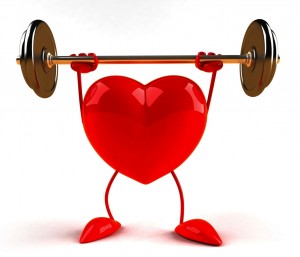
Another heart healthy mineral is potassium, and pumpkin seeds are rich in potassium. Potassium intake has been associated with preservation of bone mineral density, protection against loss of muscle mass, a reduced risk of stroke and even a reduction in the formation of kidney stones.
Zinc is a mineral that supports your immune health, cell growth, mood and sleep, eye and skin health, insulin regulation, and also appears to play a role in men’s sexual health (fertility and well as sex drive). It is also a mineral that many of us are deficient in. Pumpkin seeds are loaded with zinc, especially if you eat unshelled seeds. Why? There is a thin layer beneath the pumpkin seeds shell referred to as the endosperm envelope. Zinc levels are very concentrated in this area; so eating the entire shell will ensure you get the zinc of the endosperm envelope layer as well.
Zinc also protects you from heart disease. Listen to my good friend, Dr. Steven Masley as he talks about zinc and other natural ways to support having a happy and healthy heart.
Pumpkin seeds, while they do contain some omega-3 essential fatty acids, contain much more omega-6. The more omega-3 fat you eat, the less omega-6 will be available to the tissues to produce inflammation. Omega-6 is pro-inflammatory, while omega-3 is neutral. A diet with a lot of omega-6 and not much omega-3 will increase inflammation. A diet of a lot of omega-3 and not much omega-6 will reduce inflammation. Also, with pumpkin seeds and its omega-6, it is in the inactive omega-6, linoleic acid (LA), form. However, they are also rich in zinc, which helps with the conversion of LA to GLA (gamma-linolenic acid).
Pumpkin seeds also contain a high proportion of essential amino acids, including tryptophan. Tryptophan is converted to GABA in the brain and can help with mood and sleep.
Pumpkin – and squash seeds in general – have a neutral thermal nature, so they won't make you hot or cool you down. They also have a sweet and bitter flavor, much as the flesh. Pumpkin seeds influence colon and spleen-pancreas and are diuretic. They also act as a vermifuge – this means they expel worms, and are especially effective for round worms and tapeworms. Pumpkin seeds can also be used for motion sickness, impotency, and swollen prostate with signs of difficult or dribbling urination. As mentioned above, they are valuable sources of zinc and omega-3 fatty acids.
 What’s the healthiest way to consume pumpkin seeds?
What’s the healthiest way to consume pumpkin seeds?
Raw is best as that preserves the healthy fats present in the seeds. I always purchase organic (non GMO) pumpkin seeds as well so I don’t have to worry about any pesticides or other additives.
I usually soak pumpkin seeds to get rid of the phytic acid (this acid covering makes the nutrients contained within the seed less bioavailable). I like to dehydrate the seeds in my dehydrator, but you can do this in an oven as well. Or you can roast them, adding any number of spices or natural salts. If you do roast them, do that on low heat (no more than 170 degrees) for about 15 to 20 minutes.
They can also be taken as a tea decoction or broth (blend with water and strain).
Pumpkin seed oil
Although I prefer to use whole foods, I also will occasionally use pumpkin seed oil, which has a strong anti-inflammatory effect. Because the seed contains tryptophan, an essential amino acid, the oil is a great way to introduce this important amino acid into your diet. The human body does not produce tryptophan itself, so it must come in through the diet.
Pumpkin seed oil contains the other health benefits of the whole pumpkin such as zinc, vitamin E, magnesium, etc. The oil is being investigated relating to all sorts of health issues, such as supporting the urinary and reproductive area of the body, especially relating to prostate health.
Fun pumpkin eating!
There is so much more to eating pumpkin than the traditional pumpkin pie at Thanksgiving!
Pumpkin can be eaten raw or steamed, and then added to stews, curries, and just about any recipe that you might otherwise include a squash like zucchini. I’ve included a few recipes here, one is for Spinach Pumpkin Pesto, which will show you how to use pumpkin seeds, and the other is for a Pumpkin Cheese Cake. Yummy!
I really enjoy sprouting and dehydrating pumpkin seeds. You can add your favorite healthy herbs and spices. Try chili powder.
If you would like to learn more about the role of nuts and seeds with essential fatty acids and the role they play in inflammatory diseases, I highly encourage you to look at my Eat Your Way Out of Pain course. It will help you understand the foundations of food to the health of your tissues and cells.

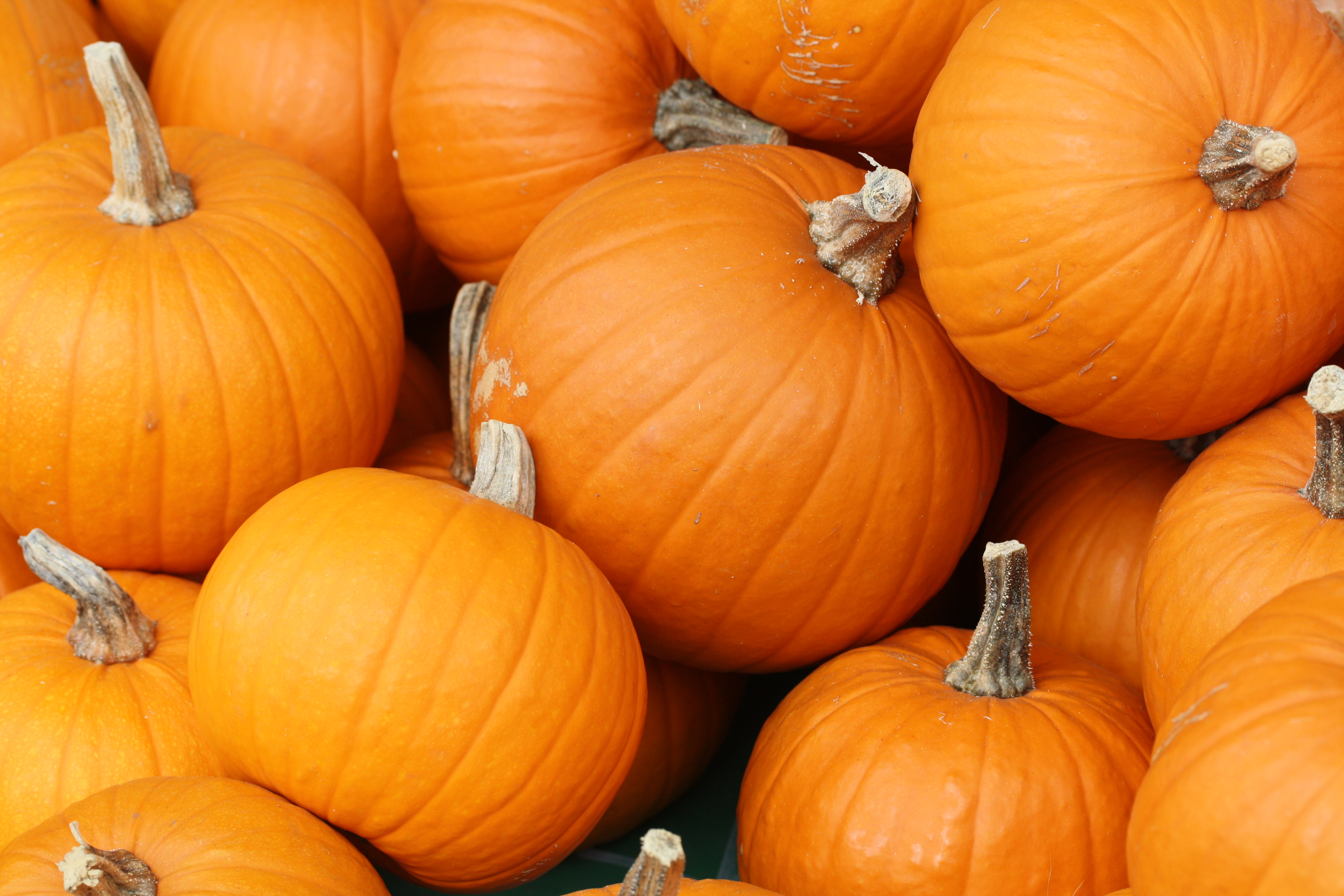
 A great year-round addition to your diet
A great year-round addition to your diet
 What’s the healthiest way to consume pumpkin seeds?
What’s the healthiest way to consume pumpkin seeds?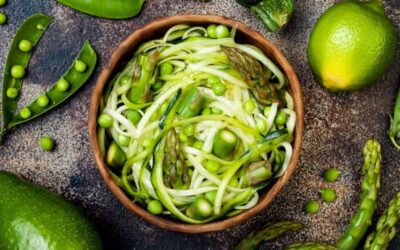

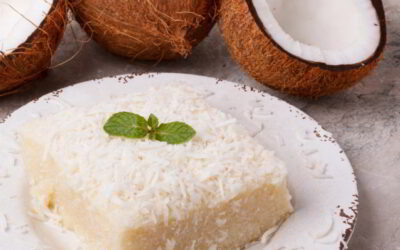

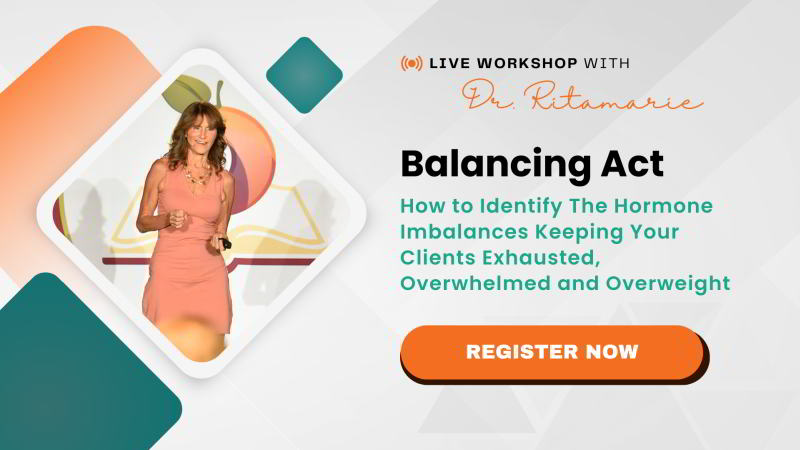
0 Comments